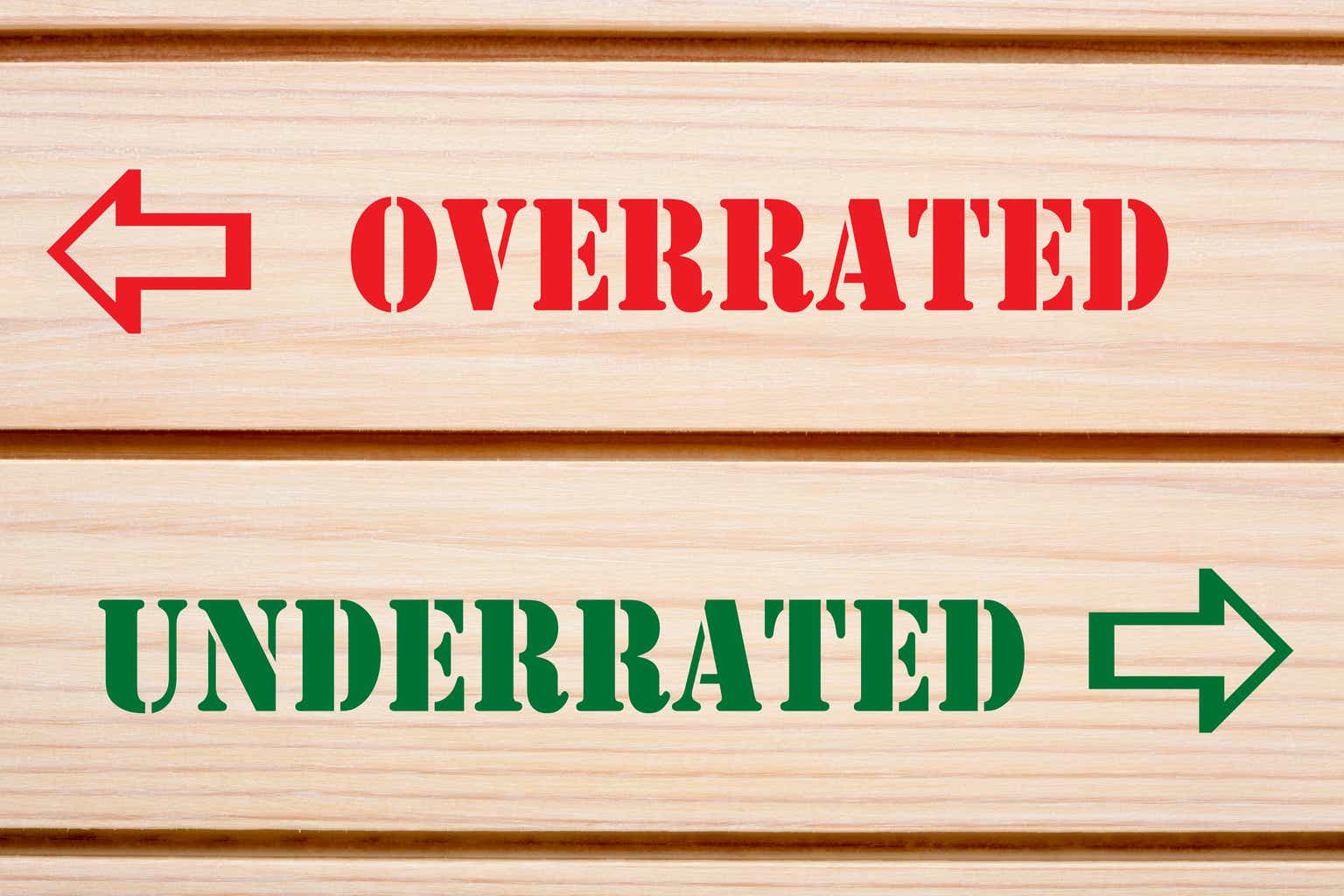AMSTERDAM, Nov 22 (Reuters) – Voters in the Netherlands cast their ballots on Wednesday in a close election which opinion polls show at least three parties – including the far right – could win.
Voters choices could be critical to the country’s immigration and climate change policies, and its relations with European Union partners.
A poll published on the eve of the election showed anti-Islam firebrand Geert Wilders’ Freedom Party (PVV) tied for the lead with the conservative People’s Party for Freedom and Democracy (VVD) of outgoing Prime Minister Mark Rutte, followed closely by a joint Labour/Green ticket.
Restricting immigration – the issue that triggered the collapse of Rutte’s last cabinet after 13 years in power – has been a key issue in the campaign.
“It’s been enough now. The Netherlands can’t take it anymore. We have to think about our own people first now. Borders closed. Zero asylum seekers,” Wilders said in a television debate.
Voting was taking place in polling stations including the Anne Frank and Van Gogh museums in Amsterdam, clubs, train stations and even a petting zoo.
No party is on track to take more than 20% of the vote and, with a large number of Dutch still undecided ahead of the day, many scenarios are possible.
Justice Minister Dilan Yesilgoz, a Turkish immigrant tough on immigration, who took over from Rutte at the helm of VVD, is hoping to become the country’s first woman prime minister.
“Maybe she can blow a new wind,” said 67-year-old voter Maria Tolman, who voted VVD.
Others in this northern Amsterdam district hoped for an alliance between Yesilgoz and the far right – in a political landscape where several parties are needed to form a majority in any case.
“If Wilders sticks to his promises … I don’t see why it would be a bad combination,” said voter Pieter Schilperoort, who backed VVD.
‘NIGHTMARE’?
[1/5]People vote at a polling station during the Dutch parliamentary elections, in The Hague, Netherlands, November 22, 2023. REUTERS/Yves Herman Acquire Licensing Rights
With the Netherlands a founding member of the EU, and Rutte a key operator in EU summits, fellow leaders will also be scrutinising the outcome as parties on the right have suggested seeking exemptions from the bloc’s rules on agriculture and immigration.
A self-proclaimed fan of Hungary’s Victor Orban, Wilders is explicitly anti-EU, urging the Netherlands to take back control of its borders, to significantly reduce its payments to the union, and to block the entrance of any new members.
He has also repeatedly said the Netherlands should stop providing arms to Ukraine, saying it needs the weapons to be able to defend itself. However, none of the parties he could potentially form a government with share these ideas.
A strong showing for Wilders could lead the Netherlands to a hard-right coalition with a strong anti-immigration line, even though he has been seeking to soften his image in the hope of entering government – which some voters said they liked.
“I decided to vote for Geert Wilders. I think his manifesto is better than in recent years, a bit softer with everything. That suits me,” said voter Ria van der Vaarst.
Others said they feared a strong result for Wilders.
“I hope I don’t wake up tomorrow and we have Wilders as a prime minister. That’s a nightmare,” said Amsterdam resident Arie van der Neut, an architect, after he cast his ballot for the pro-European, center-left Volt party.
At stake in this election is also whether voters in one of Europe’s most prosperous countries are willing to continue funding climate policies, such as an expensive rollout of offshore wind farms amid a cost-of-living shock witnessed across the continent.
Lawmaker Pieter Omtzigt, a centrist who founded his own party after breaking with the Christian Democrats, is trailing slightly behind the first three in the latest polls, but is still likely to play an important role.
“We’ve always been promised, we’d at least get some grip on migration, not zero migration … and that grip of migration never came. And I think that’s playing in the cards of Wilders,” he told reporters after casting his ballot.
Voting booths will close at 9 p.m. (2000 GMT), when national broadcaster NOS publishes its first exit poll.
Although it is the tradition, there is no guarantee that the party that wins the most seats would end up delivering the prime minister, in a country where the vote is split among many parties and coalition talks can take months.
Rutte will remain in a caretaker role until a new government is installed, likely in the first half of 2024.
Reporting by Johnny Cotton, Toby Sterling, Bart Meijer, Stephanie van den Berg, Charlotte van Campenhout, Writing by Ingrid Melander; Editing by Toby Chopra and Angus MacSwan
Our Standards: The Thomson Reuters Trust Principles.
Credit: Source link
























/cloudfront-us-east-2.images.arcpublishing.com/reuters/HMJ3K3GAZFMOXE2H7SSEPMCMME.jpg)










